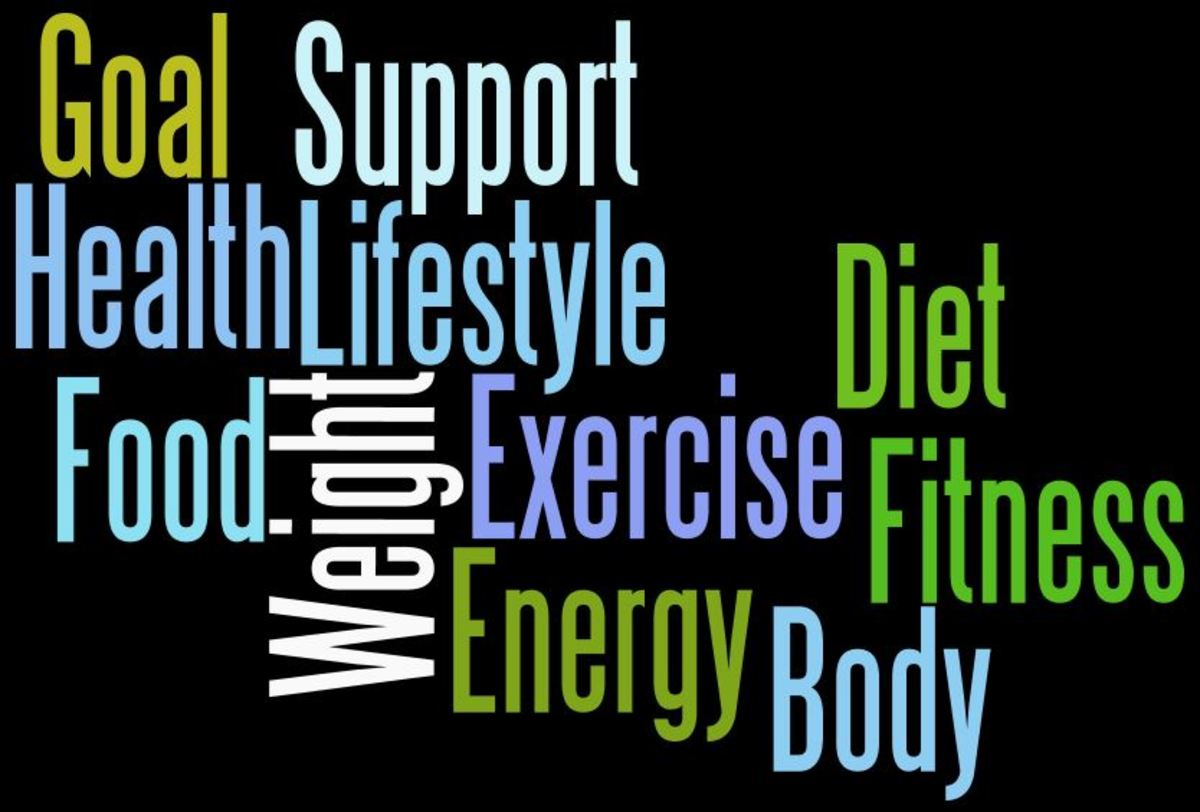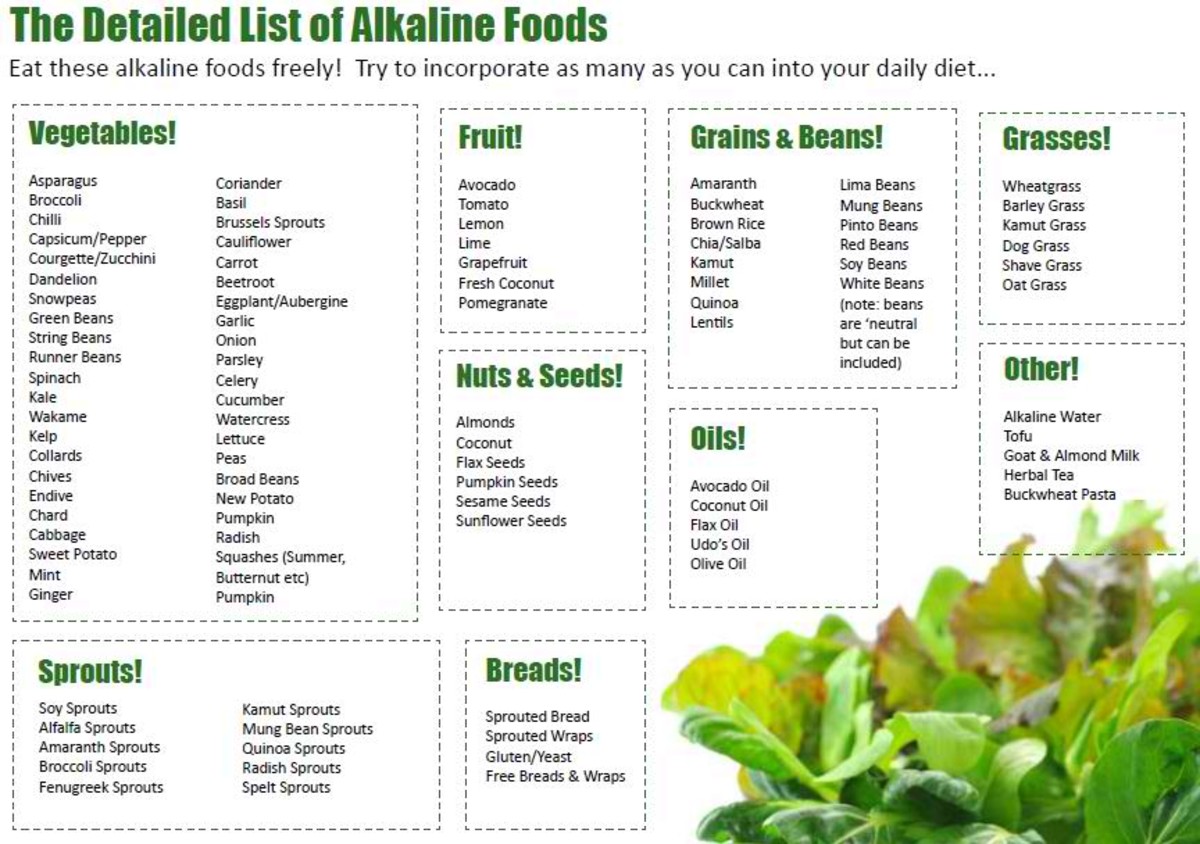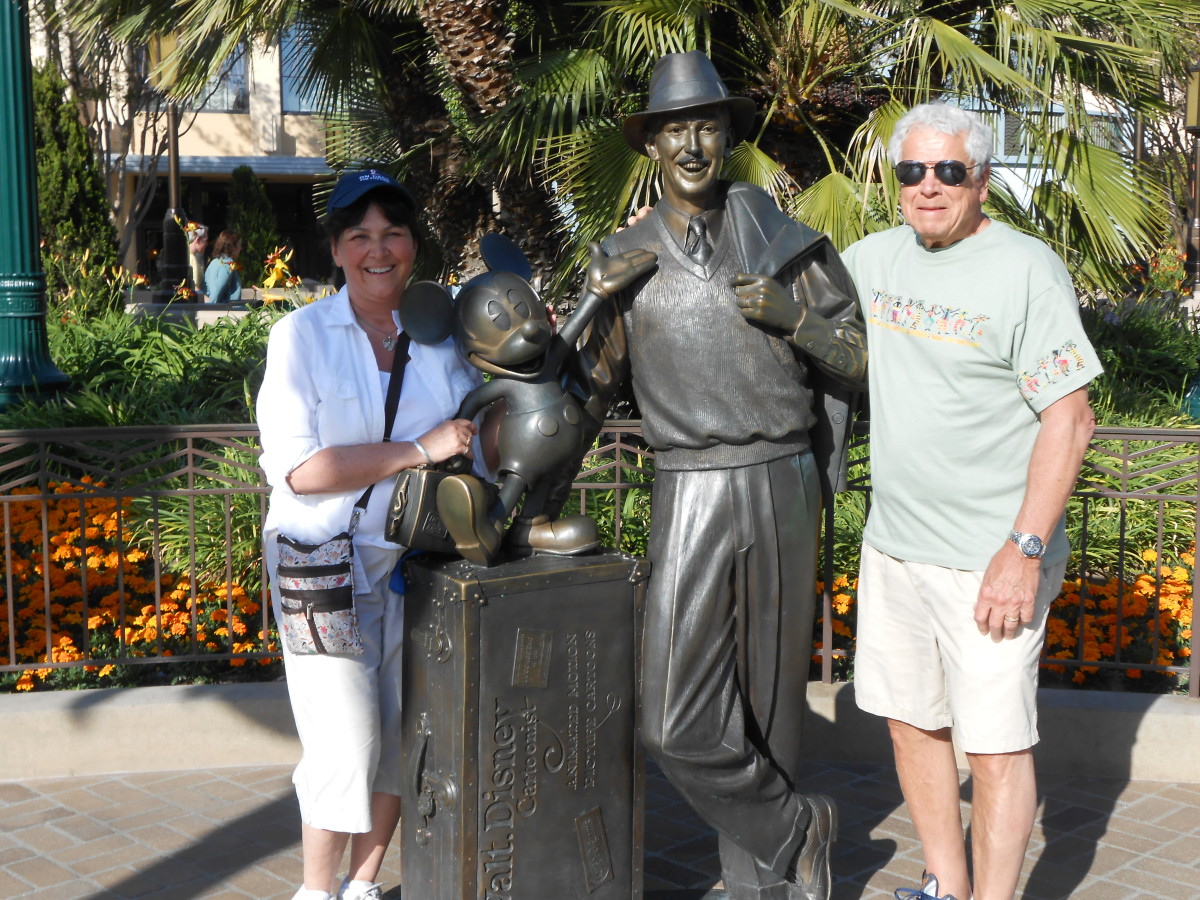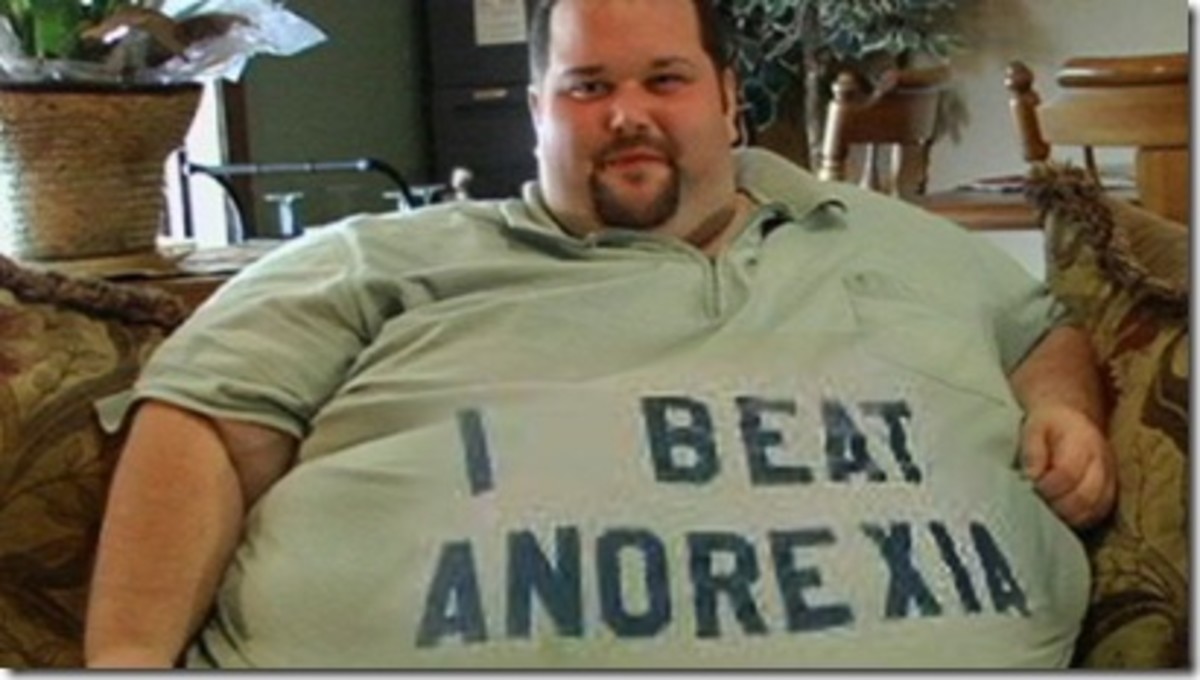Diets Don’t Work? Listen to Socrates

My wife has a friend and this friend has a daughter, a vital and beautiful girl in her thirties, who, after her marriage, has progressively gained weight, until reaching a level of concern for her health. She then decided to undergo a strict diet, based upon expensive, and, I believe, scarcely rewarding beverages. She lost a dozen and more kilos in a short period and really regained a good part of her pleasant aspect, with the compliments of all. However, after the diet, she went back to her previous eating habits: in less than one year she had recovered all the lost weight, and even more. It was exactly as if the diet had never been done.
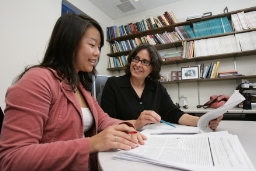
Traci Mann is the lead author of the UCLA University research which concludes that there is not evidence that diets are a remedy to obesity. Traci observes that her mom has been on diet several times without success, so she was not surprised by the results of the study. “It is obvious”, she said.
There Is a Serious Evidence that Diets Do Not Work
This fact and other similar I had heard from my colleagues pushed me to take a deeper look on the diets’ world. So I went on the Internet to find what they say about diets. Obviously, there are tons of pages that talk about dieting in a more or less accurate way, but in fact I found a quite consistent set of voices claiming that dieting is not working. The most convincing is a study carried out by UCLA Researchers in 2007. UCLA researchers analyzed 31 studies conducted on long-term weight behaviour of people who had followed diets. Well, the evidence is that dieters lose 5% to 10% of their weight in the first six months, but the majority of them regains all the weight and even more within a period of two to five years. The conclusion of the study is that dieting is not the remedy to obesity or overweight. So that in some of the studies analyzed, having been on a diet in the period preceding the observation was taken as an indicator of probable future weight increase.
The study also points out the relevant health risk of continuously losing and regaining weight, passing from a diet to another. This “yo-yo” effect may lead to relevant health hazard, such as cardiovascular diseases, strokes, diabetes.
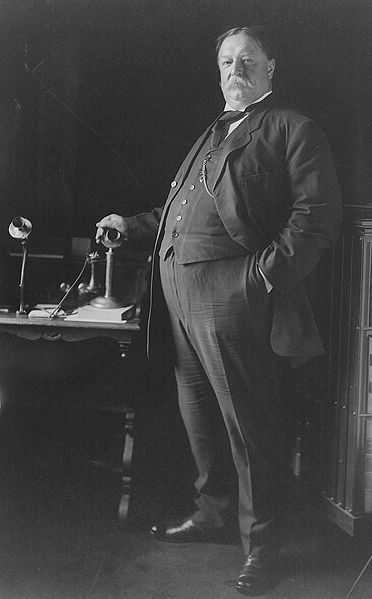

Have you ever been on diet?
Are you satisfied with the result of your diet?
Why Diets Do Not Work?
I found several different answers to this question. Most of the comments underline that diets do not work because they only focalise on food, while it is our life style that we should change, if we want to succeed in losing weight and keep the results for a life. The food is not the problem in itself, and often it is instead the answer to the problem. Another reason may be that diets introduce an artificial discipline in our life, not very accepted by our brain and our body and then abandoned as soon as the restrictions are relaxed. Additionally, our body may react to food restrictions becoming more efficient in absorbing the nutrient, so loosing weight is progressively more arduous.
I have formed my opinion on this matter, too. My idea is that food is somehow part of our equilibrium, the precarious equilibrium that keeps us afloat. So, if we take simply away the food, we provoke a leak somewhere else, and if this leak is not repaired, it may also have dangerous effect on our health, maybe a worse effect than the food itself. If this is so, the solution is, in theory, very simple: all we have to do, is just to find a healthier, more satisfactory equilibrium featuring a different, safer relationship with food (please, do not send me to hell, not yet!).
Ten Most Searched Diets Reviewed by Professional Dietitians
Name
| Type
| BDA verdict
|
|---|---|---|
Dukan
| low-carbohydrate, high-protein
| Rapid weight loss is motivating but it is unsustainable and unhealthy
|
Atkins
| low-carbohydrate, high-protein
| Rapid weight loss is motivating but it is unsustainable and unhealthy
|
Cambridge
| based on a range of meal replacement products
| Requires that you like the products. Rapid weight loss is motivating but it is unsustainable.
|
South Beach Diet
| low-GI (glicaemic index) originally developed for heart patients
| The most consistent weight loss (up to 13 lb) happens in the first two weeks, where not only fat, but also water and carbs are lost. Then the diet follows the general principles of healthy eating.
|
Slimming World
| swap high-fat foods for low-fat foods
| The meal plans have little flessibility but are generally well balanced,
|
Slim Fast
| low-calorie meal replacement plan for people with a BMI of 25 and over
| Requires that you like the taste of the replacement plan products
|
Lighterlife Diet
| very low calories meal replacement combined with weekly counselling
| The rapid weight loss is unsunstainable
|
WeightWatchers
| every food and drink is given a score, based on its nutritional content (ProPoints system)
| The ProPInt plan is generally well balanced and can be followed for long term changes
|
Rosemary Conley
| low-fat, low-GI combined with regular exercise
| It is a balanced approach to dieting which highlights the importance of regular exercise
|
Jenny Craig
| one-to-one support, meal delivery service, tailored exercise plan
| Need that you like the meals of the program
|
A list of the ten most popular diets in UK reported by the UK NHS with the review of the British Dietetic Association.
What Does Socrates with Diets?
If the studies examined in the UCLA research showed scarce or none evidence that diets work, they also highlight that eating in moderation and doing constant exercise may work. But this is still a matter of life style and a change in our life style is not a thing that we can simply plan on paper. So, when I have thought of what could help to drive us on the path of a substantial change in our way of life, Socrates first came to my mind. Why Socrates? Why this philosopher who lived in the turbulent Athens of 2,500 years ago, who did not write anything and was sentenced to death on charges to corrupt youth and to not believe the gods of the town?
Although Socrates did not write anything, he is widely treated in all the histories of philosophy, as the first philosopher who has brought his attention exclusively on the man. It is very probable that he never cared of diets and extra kilos, that, I guess, were not a so dramatic problems at his days. However, his interest to the “spiritual” health of the man, his tireless search of the true knowledge, may be the best base, I believe, to establish a very new style of life. That perhaps may lead us to think less about the food and finally at least to be less unsatisfied of our self. Which is not little thing.

A Man Looking the Good through Knowledge
Socrates’ thought has come to us mainly through the works of his great pupil Plato. Plato has reconstructed the trial, the stay in prison and the subsequent death of Socrates in three famous dialogues: the Apology of Socrates, Crito, Phaedo. The first one really is a monologue - the speaking of Socrates in his own defence before the courts – and I believe it is studied by the lawyers as the perfect example of all the things one should avoid to do and to say in a trial. But it should be also studied with equal care as an example of a person who says what he thinks before his judges without fear, with irony and detachment. Socrates renounces to the easy expedient (evidently very used in the trials in those days) of bringing the family in the court to move the jury to pity. He defends with passion his mission, that his demon imposes to him, of going through the city and incite the Athenians to the knowledge and to good. In this way, he goes straight to the death penalty.
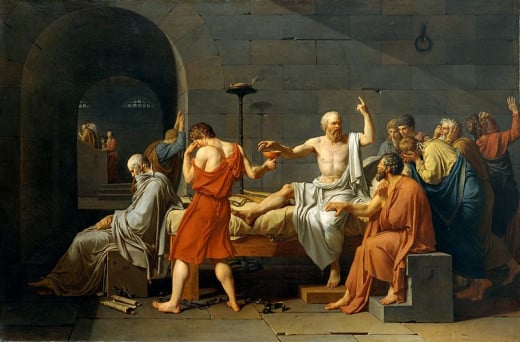
Know Yourself
From the Apology, we learn how Socrates was used to go round the city and interrogate the wise to demonstrate they believed to know, but they did not in fact. Talking with people, asking questions to them, this was what he felt his mission. Well, what would Socrates say today to us, who are so used to look only outside us? I think he would first say Know yourself, the motto he had taken from the priests of Delphi. It was originally an exhortation to be conscious of one’s own limits. Nowadays, we can read it in the more modern meaning of exploring our interior and find out what we really would like to be, or may be what we really are able to be. This is the most fascinating travel, isn’t it? Socrates spurs us to the care of our soul, because only this care can drive us to the knowledge of the good and when we know the good, we naturally follow it and this is the way to be virtuous and happy. However, Socrates does not tell us what the good is: this should be the personal task of each one of us.

Fewer Americans are on Diet
According to NPD data, the percentage of adult Americans on diet is 20% in 2012. They were 31% in 1991.
23% of Americans find not overweight people more attractive. They were 55% in 1985.
Statistics Agree with Socrates
So, let’s come back to the initial subject of this article, the oversized friend of my wife who was not able to slim despite of the severe diet he followed. I suggested her to not think of kilos, food and diets, but to read the Apology of Socrates. Of course, she did not take me seriously and did not do it. I have not dared to say that she had to take care of her soul, because she would have taken me for a fool. However, the teaching of Socrates that we have to feed our reason and to pursue the knowledge to reach the good has also some statistical foundations, if we admit that to be healthy and slim is the good, or at least part of the good.
All the statistics I found say that the percentage of obesity decreases with the level of education and income. According to U.S. annual report on nation’s health (2012), women with a high school diploma or higher were found to be consistently less likely to be obese than women without high school diploma ( 25% vs. 39-43%). Similar data are found among boys and girls. In households where the head has less than a high school diploma, 24% of boys and 22% of girls are obese, while in the households where the head has at least a high school diploma the percentage is 11 and 7.
These and the other data of the report about health and life expectation, may of course be interpreted in several ways. One of these is that in the rich countries, we must also learn to manage the easiness to obtain food. Giving the brain more knowledge means to provide it with a wider range of ways other than food to find the difficult equilibrium, I was talking about before. And more chances to choose what it is best to it among the different food. As Socrates said, our reason follows the good, and if it does not, it is why it does not know it.


